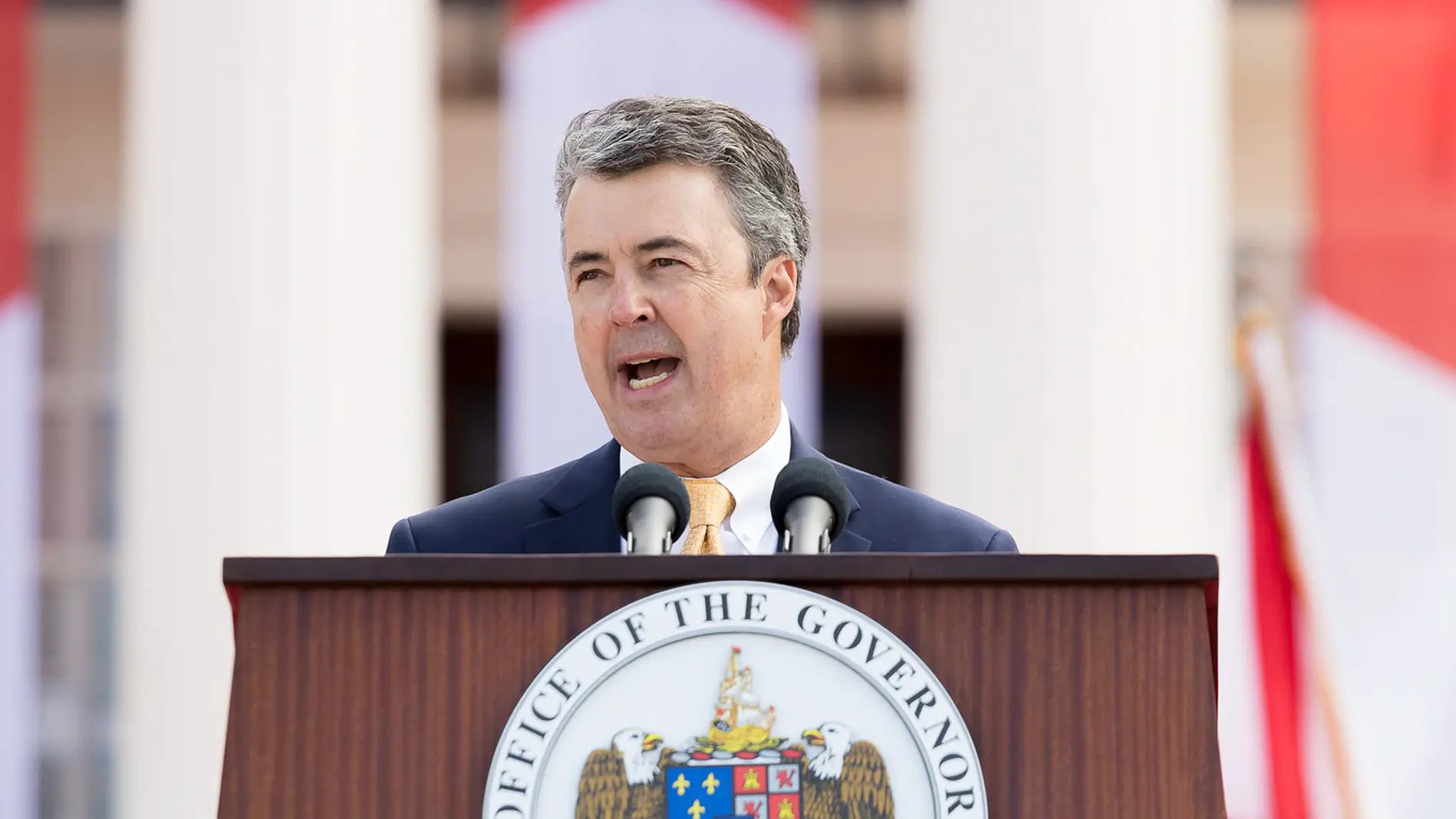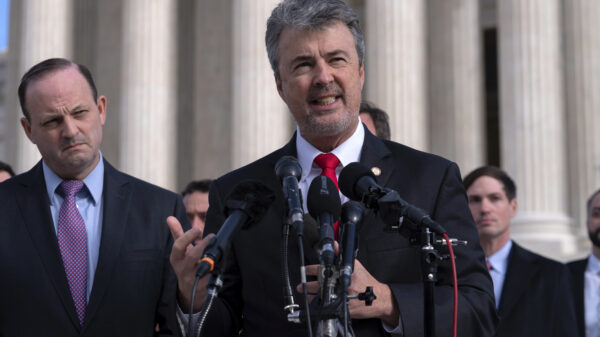During the 2024 legislative session, the Alabama Legislature once again failed to pass a comprehensive gambling bill that would have clearly defined legal and illegal gaming and established an agency to enforce these regulations. This failure highlights a continued trend of legislative gridlock and the influence of special interests over the will of the electorate.
Opponents of the legislation argued that Alabama doesn’t need new gambling laws but simply needs to enforce the existing ones more effectively. This argument, however, overlooks the complexities and ambiguities in the current legal framework, which have led to confusion and inconsistent enforcement across the state.
Case in point: Last week, Attorney General Steve Marshall’s office issued a cease and desist letter to an organization planning to hold a raffle to raise funds for children with autism. According to the Attorney General, such raffles are considered illegal lotteries under Alabama law. The letter stated, “Although we understand that you are a non-profit organization, the operation of a raffle, where tickets are sold for a chance to win a prize of value, are illegal lotteries under Alabama law cannot be operated or offered in this state without violating Ala. Code 1975 § 13A-12-20 et seq. and the prohibitions of our state constitution against illegal lotteries in our state.”
So, who are these notorious gamblers? A group of kind-hearted individuals attempting to raise money for a noble cause. The state’s muddled gambling laws have criminalized an act of charity, showcasing the dire need for comprehensive legislative reform.
The failed 2024 gambling bill would have provided clarity and structure, potentially preventing such situations. The bill, which saw rare bipartisan support in the House but stalled in the Senate, would have created a state gambling commission and allowed for regulated casino gaming, sports betting, and a state lottery. Proponents argued it would generate significant revenue, projected to exceed $1 billion annually, which could be directed towards crucial public services like healthcare and education.
Governor Kay Ivey and other supporters emphasized that regulated gambling would help curb illegal operations and ensure that gaming activities are conducted responsibly. Yet, the Senate, influenced by lobbying efforts from ALFA, the Alabama Policy Institute, illegal gambling operators, and internal divisions, blocked the bill, denying Alabamians a chance to vote on the issue.
As it stands, the legal quagmire surrounding gambling in Alabama continues to criminalize well-meaning initiatives while failing to address the broader issues of illegal gaming. Until the legislature finds the courage to pass comprehensive reforms, we will continue to see charitable efforts stymied by outdated and unclear laws. It’s time for Alabama’s leaders to step up and provide the clarity and regulation that the state desperately needs.

















































